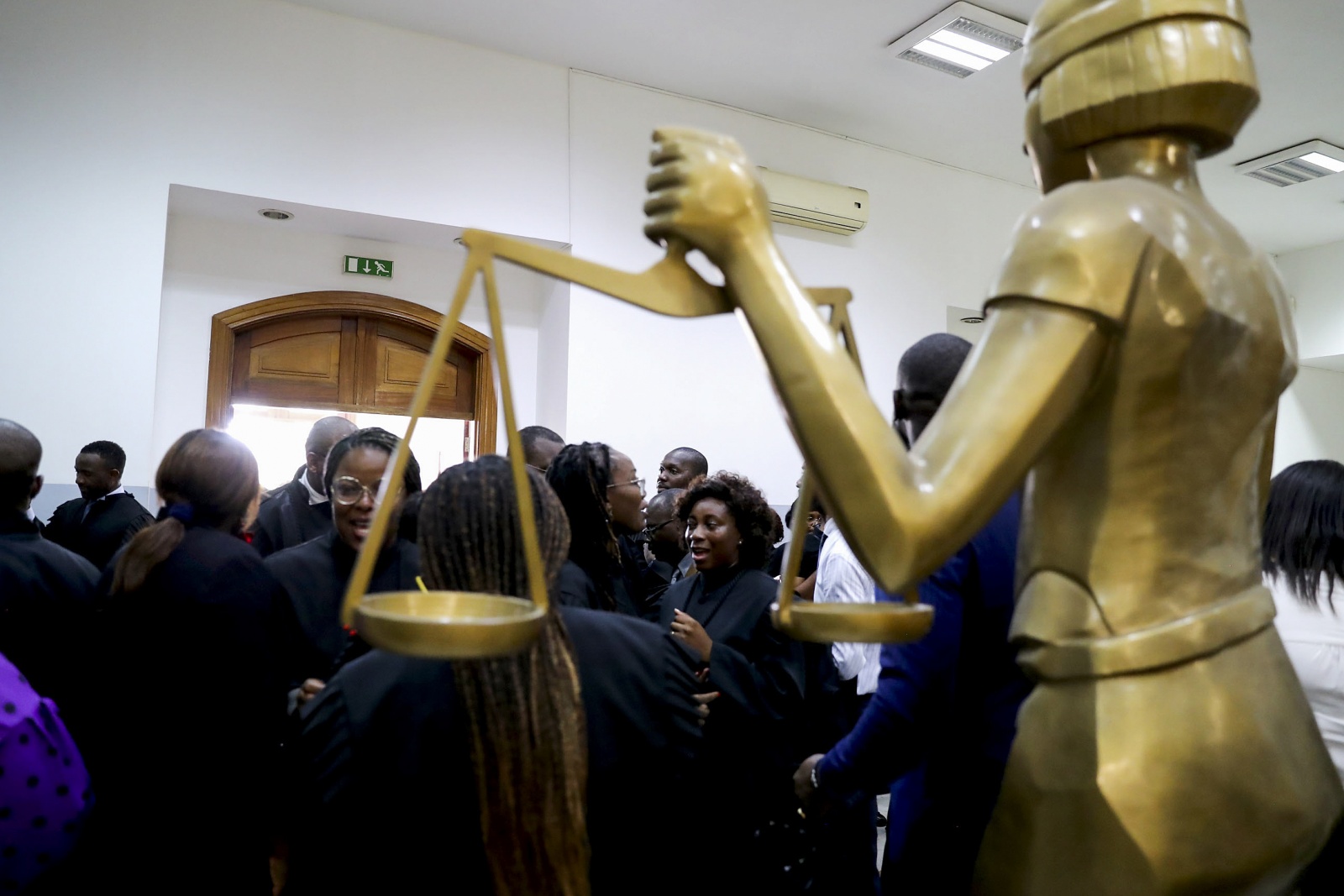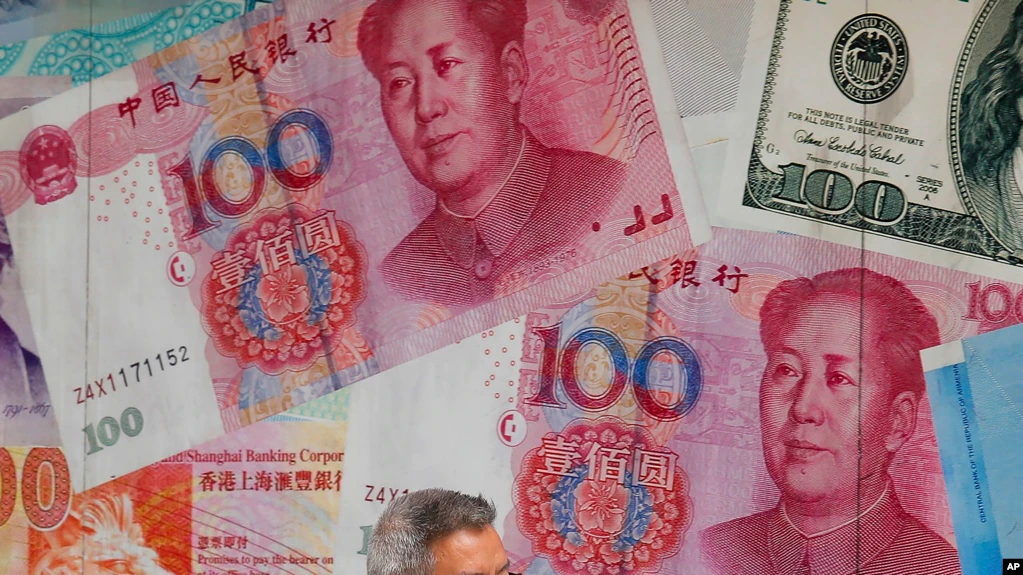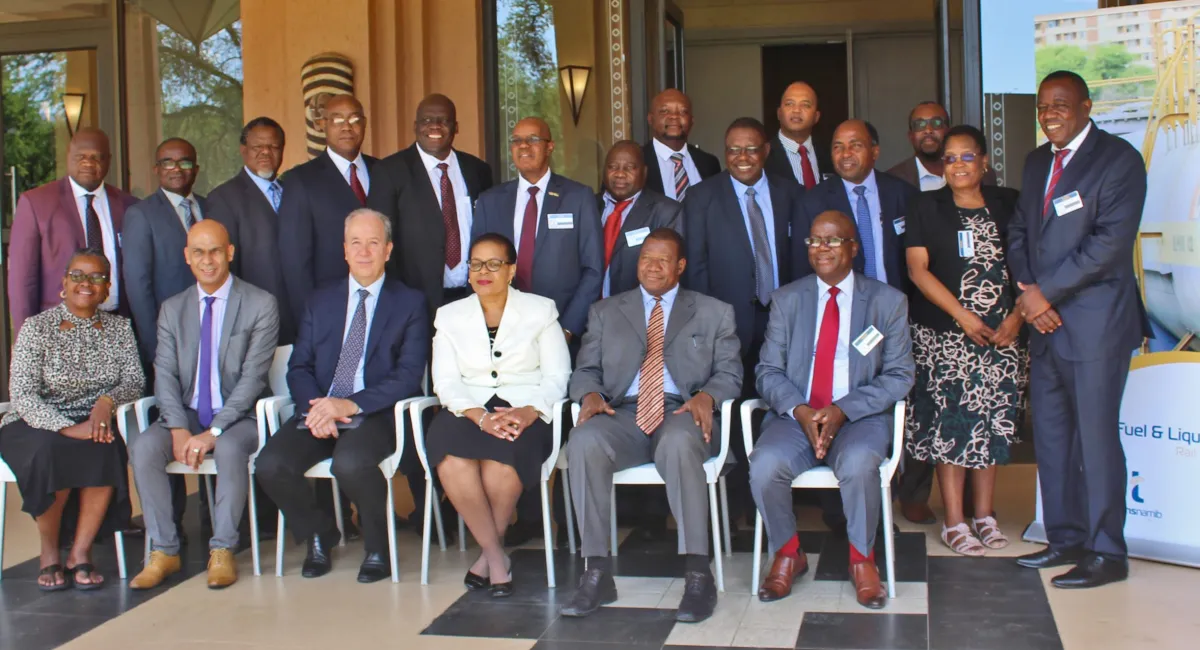Angola recovered six billion dollars and seized another 21,000 as part of the confiscation of assets, half of which were abroad, the deputy attorney general said on Tuesday, suggesting the creation of an autonomous structure for asset management.
Inocência Pintos pointed out that the Angolan state has created a set of measures to combat organized crime and economic and financial transnational focusing on collection of evidence, breach of professional secrecy and forfeiture of assets in favor of the state that led to this result.
The Deputy Attorney General was speaking on Tuesday at the opening of a workshop on asset forfeiture and asset management organized by the Office of the Attorney General and the United Nations Office on Drugs and Crime (UNODC). “The results achieved can be considered positive and are a lever for the continuity of actions aimed at preventing and repressing bad practices in the management of public funds”, he said, adding that the process of asset recovery poses challenges and opportunities.
He considered that it is necessary to discuss if the model adopted by Angola, with primacy for the bona-fide depositary, is the best in face of reality, emphasizing that it is necessary to ensure that the assets do not deteriorate while awaiting judicial decisions.
The National Service for Assets Recovery (Senra) has counted on the collaboration of several institutions, such as the General Treasury of Justice and the Institute for Management of State Assets and Participations (IGAPE), but until now there is no entity with exclusive competence for assets management.
Inocência Pinto pointed out the challenge of finding good practices in the administration of confiscated assets under penalty of degradation, suggesting the creation of a task force or a specific management structure dedicated to the valuation of assets, accompanied by an audit commission and members of civil society to ensure the common interest.
a



